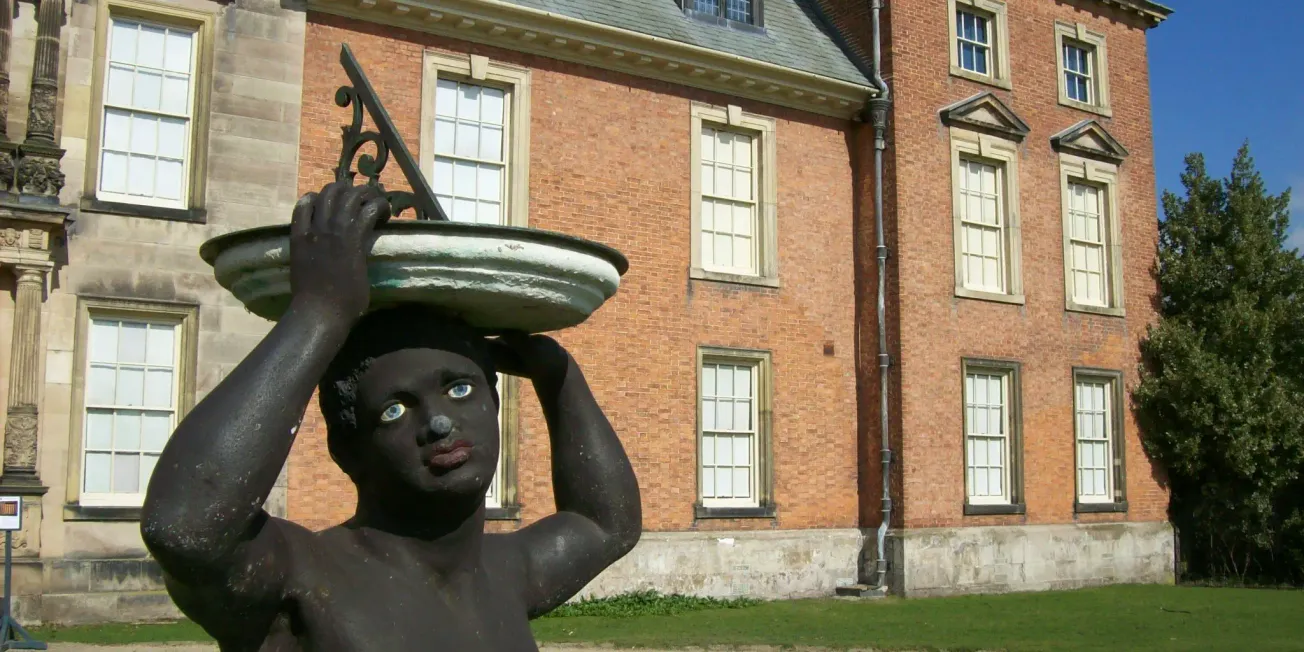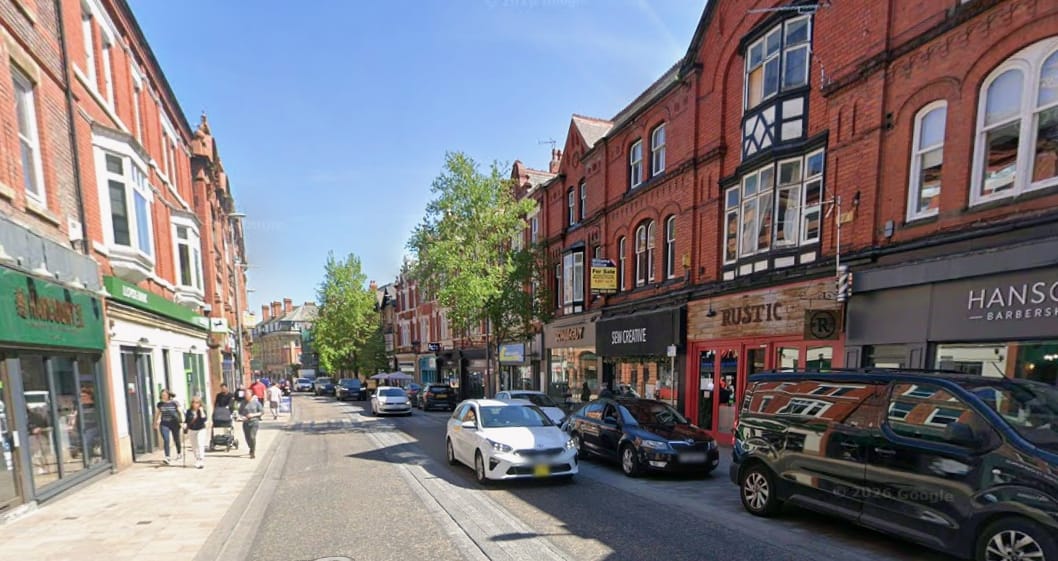Dunham Massey has removed a statue in its grounds that depicts a black male carrying a sundial after admitting it was a source of “upset and distress”.
We reported yesterday how, in the wake of recent protests, the spotlight had fallen on the early-1700s statue in the garden forecourt of Dunham Massey Hall.
And although the kneeling African figure is said to be a “Moor”, not a slave, a spokesperson for the National Trust – which owns Dunham Massey – said it had decided to move it “while we make plans to address it in a way that fully acknowledges the appalling histories of slavery and the slave trade”.
She said: “The statue has caused upset and distress because of the way it depicts a black person and because of its prominence at the front of the house.

“We don’t want to censor or deny the way colonial histories are woven into the fabric of our buildings.
“For these reasons, we have decided to move it safely from its previous location while we make plans to address it in a way that fully acknowledges the appalling histories of slavery and the slave trade.”
According to Historic England, the life-size stone structure – with a metal sundial – dates back to the early 1700s, and is thought to have been made by the sculptor Andries Carpentière.
@altrinchamtoday sad to see the removal of the sundial at Dunham Massey today. Presumably because of threats to it from people with a limited knowledge of history. pic.twitter.com/0JyTGYPitu
— jantee 🇪🇺🕷 (@janblin) June 11, 2020
A plaque close to the statue reads: “This sundial is in the style of one commissioned by King William III. It represents Africa, one of four continents known at the time. The figure depicts a Moor, not a slave, and he has knelt here since before 1750.”
A “Moor” derives from “Blackamoor”, a style of European art that depicted stylised figures, usually African males, in subservient or exoticised form. The term “Blackamoor” is now generally considered to be racist and culturally insensitive.









